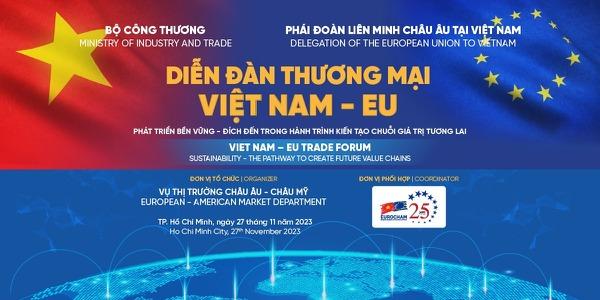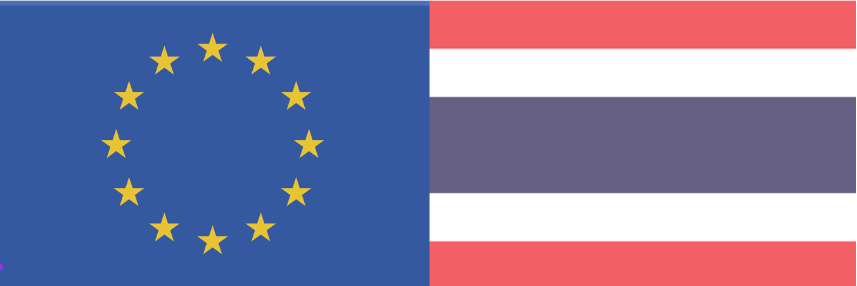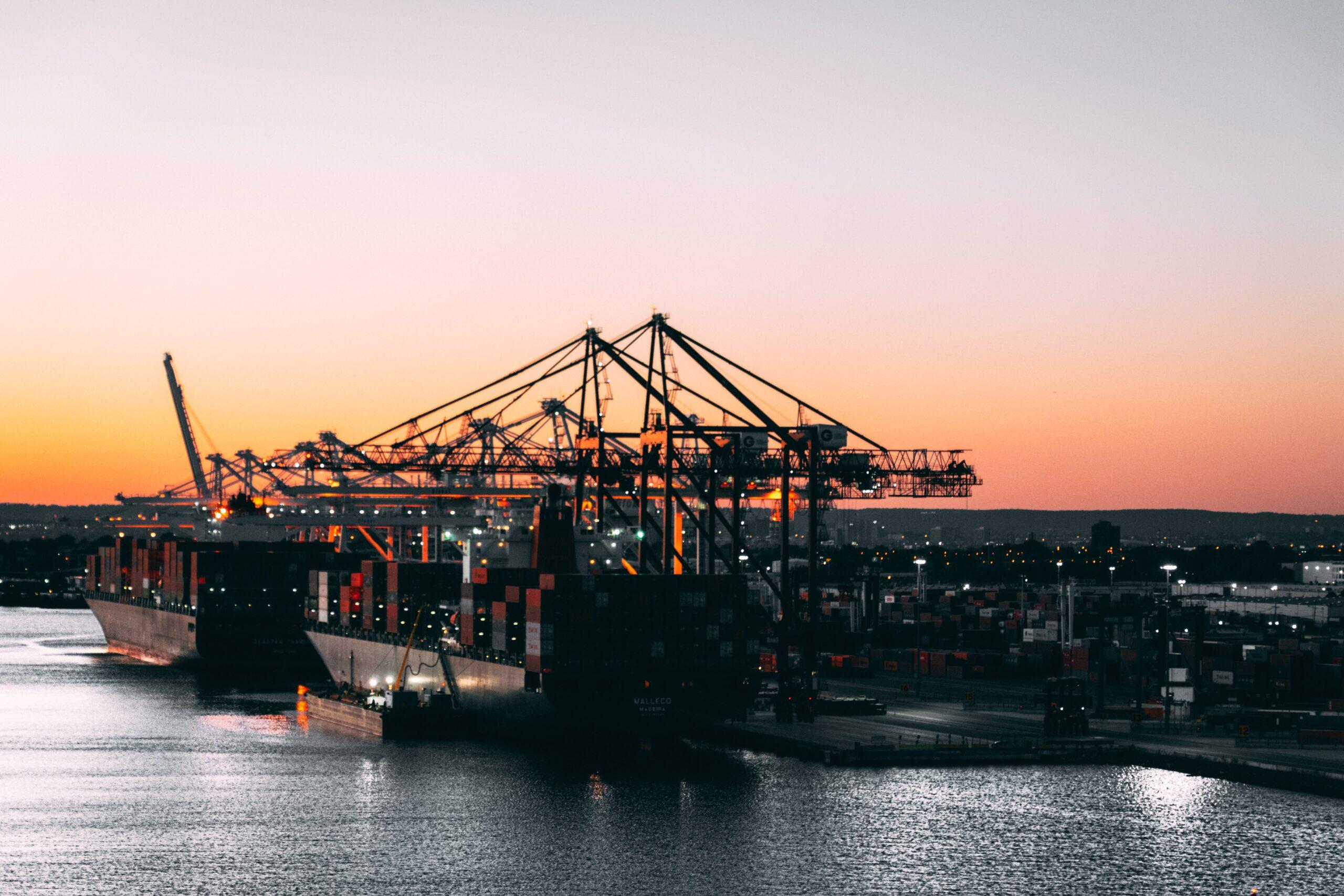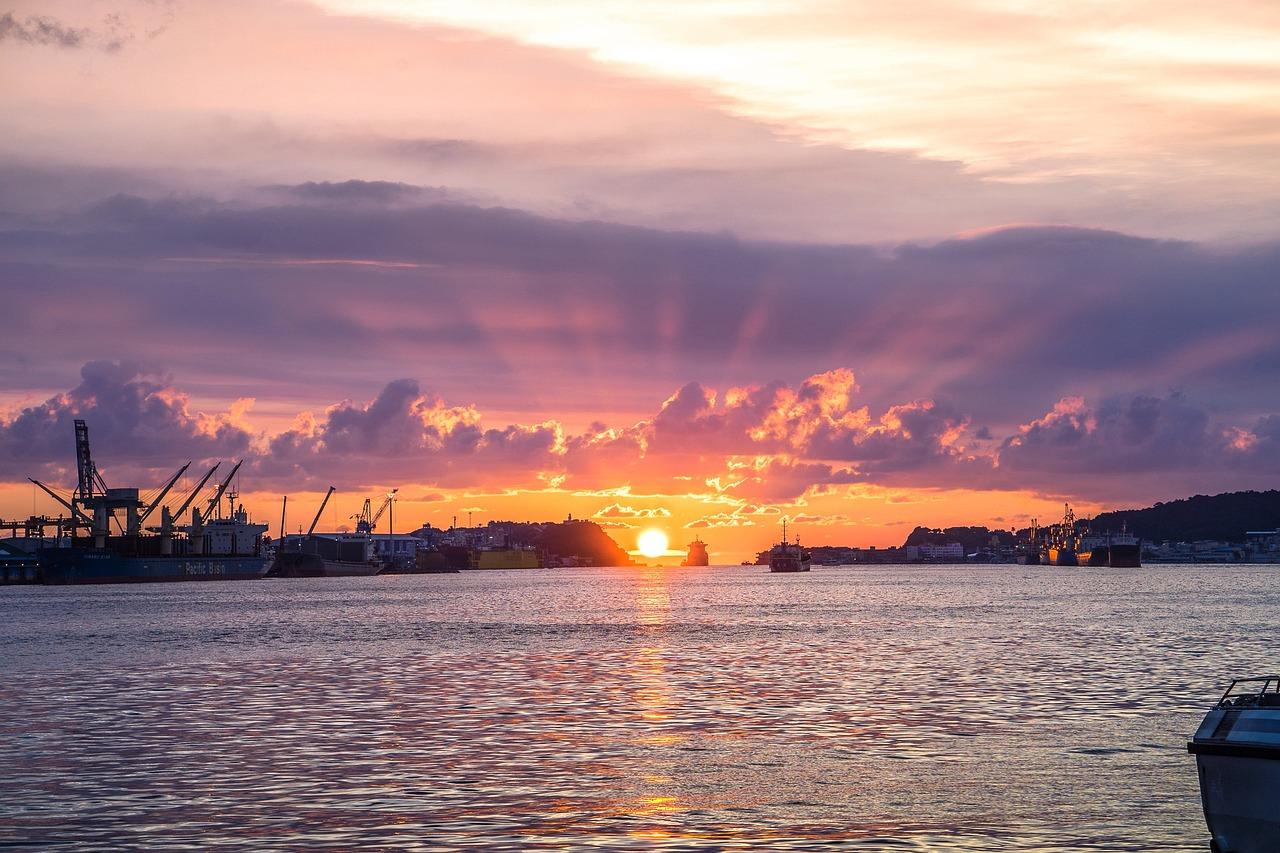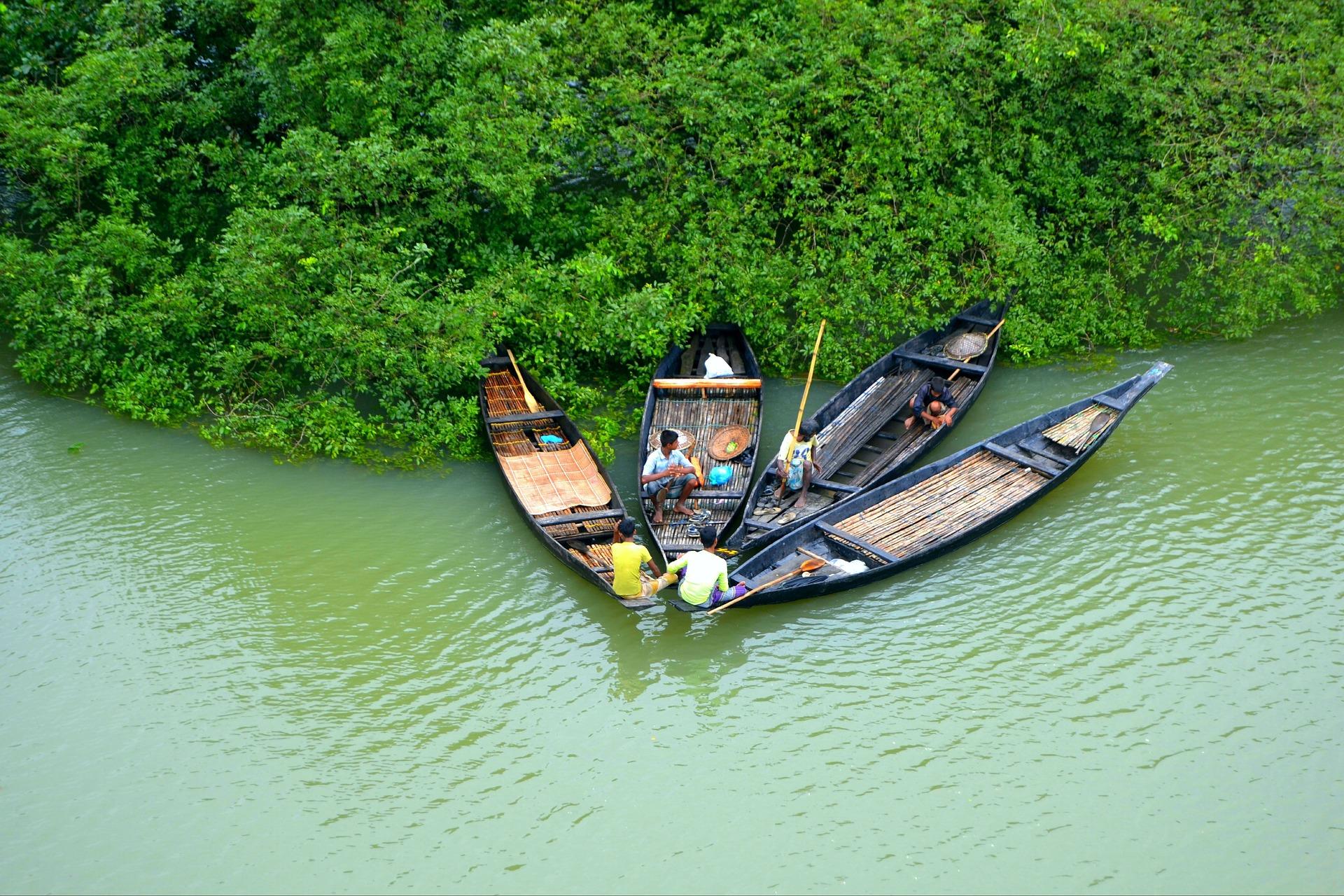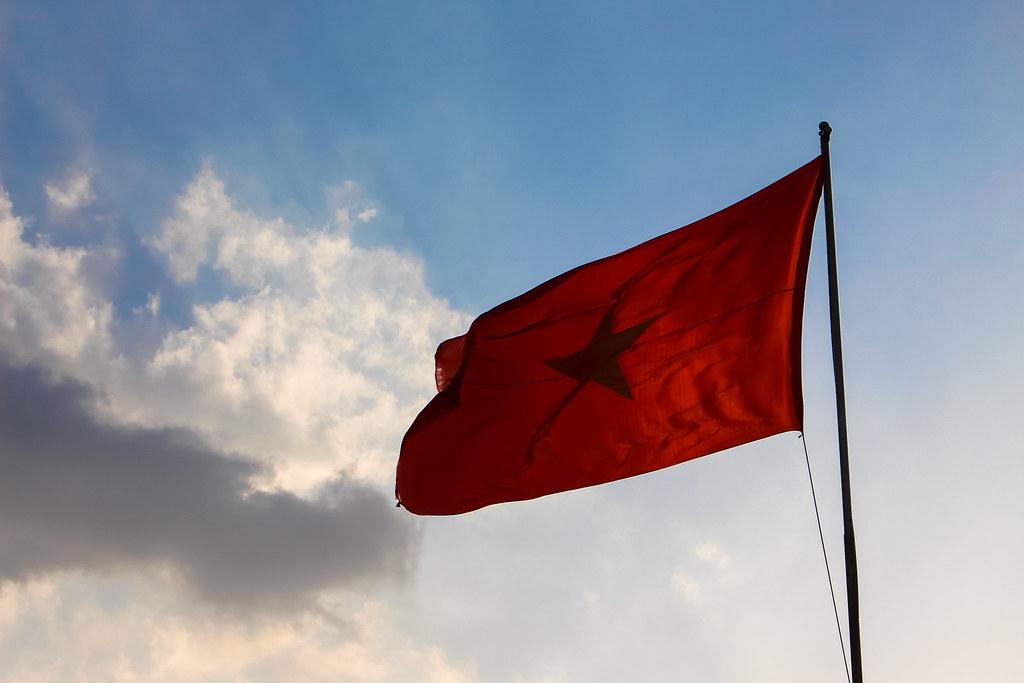
Opportunities for Japan in the EU
Japan is looking abroad, also to the EU. But can Europe deliver? If Japan chooses to seize the opportunity, Europe can be a fertile ground for Japan’s home-grown strategies. The EU has long looked to expand its reach to the East, thereby even breaking with its multilateral ideals when trading with new partners. The extended reach of EU-Japan cooperation signals the willingness of both parties to create a stronger bond, and an opportunity for Japan to get closer to gain stronger security guarantees, closer relationships with external partners and more expansive trade.


